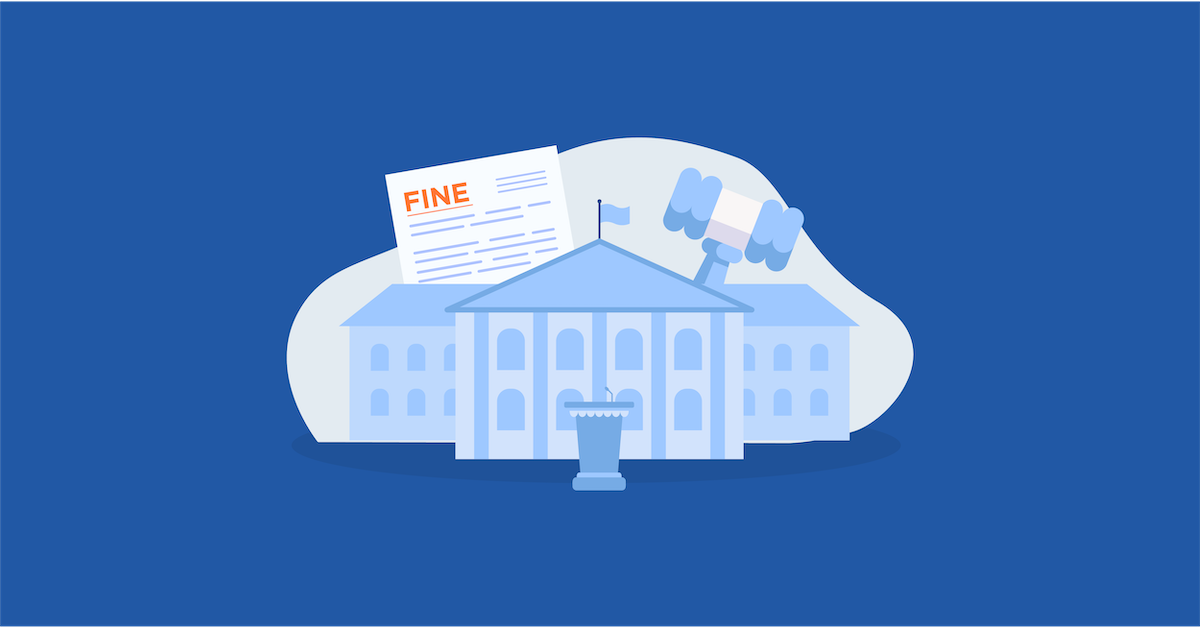The Impact of Increased Enforcement on Marketing Compliance

Ensuring consumers are treated fairly during the entire lending process without deception or discrimination is not only critical, it’s the right thing to do. As federal and state regulators zero in on their commitment to increase enforcement of fair lending laws, compliance must ensure that they are razor-focused on educating, monitoring, and remediating while keeping up with emerging marketing channels and more loan officers.
In a recent Mortgage Bankers Association (MBA) webinar, Rhonda McGill, PerformLine’s Senior Director of Client Solutions, was joined by Matt Kelly, Editor and CEO of RadicalCompliance.com, and Marc Roth, Partner at Cobalt Law to discuss the impact of increased enforcement on marketing compliance.
While this webinar covered a wide range of topics, here are the key topics they discussed and our top takeaways.
A New CFPB Director = Increased Enforcement
With Rohit Chopra leading the Consumer Financial Protection Bureau (CFPB), it’s almost certain that we’ll see a steep increase in enforcement actions. Previously, Chopra served as the FTC Commissioner where he had a very aggressive approach to consumer protection and enforcement. Marc predicts that Chopra will be very aggressive in seeking penalties at the CFPB-not just injunctive relief to deter bad behavior, but also civil penalties to impose heavy monetary fines.
Check out this Complaint Risk Signal Report for an analysis of consumer complaints submitted to the CFPB and the impact on enforcement actions.
FTC of Notice Penalty Offenses
The Federal Trade Commission (FTC) has resurrected its Penalty Offense Authority under Section 5 of the FTC Act. By issuing these notices, the Commission is establishing that the company had “actual knowledge” of their wrongdoing, therefore allowing the Commission to hit companies with up to $43,000 in fines for noncompliance.
Read up on this blog on the FTC’s Notice of Penalty Offenses for higher education institutions.
Dark Patterns
Dark patterns are practices that are intended to fool, deceive, or manipulate consumer behaviors. The FTC has taken actions recently to combat these dark patterns, including an issuance of a new enforcement policy outlining how they intend to combat these deceptive practices. Marc also explained that the term “dark patterns” is being discussed in legislation on the consumer protection front in various states, signaling that these practices will continue to be a focus for regulatory scrutiny.
Hear more about dark patterns from Sandy Brown, the FTC’s Assistant Director of Bureau of Consumer Protection’s Division of Financial Practice, on the Commission’s crackdown on dark patterns in this blog post.
AI and Algorithms
The risk with AI or “AI-like” processes (like predictive analytics), as Matt puts it, is that poor algorithms = poor results = poor decisions-which is where you’re going to run into issues with the regulators.
AI doesn’t program itself-there’s a person or a group of people behind the scenes-and regulators are likely to hold individuals accountable for these poor algorithms, says Matt. Because of this, it’s important to have a strong data analytics program and to understand how algorithms are working and where the data is coming from.
Personal Liability for Enforcements
The Department of Justice (DOJ) recently announced that it has a renewed focus on corporate criminal enforcement emphasizing increasing corporate and individual accountability. When conducting investigations into misconduct, corporations must provide any and all information, including all persons involved. The DOJ’s attorneys will evaluate which individuals knowingly made decisions that led to misconduct and criminal activity.
There is no scenario, says Matt, where the DOJ is thinking this way and other regulatory agencies are not. There is a movement for regulators (like the DOJ, FTC, CFPB) to hold C-Suite individuals responsible for poor, preventable decisions made.
Hear more about the regulators’ movement to hold individuals accountable for their wrongdoings in this webinar.
Social Media + Affiliate Marketing
When working with any individuals or third parties who will be posting on behalf of your company on social media, it’s critical to ensure they disclose that material connection-or else your company will be held accountable.
Check out the Ultimate Guide to Social Media Compliance for Consumer Finance for more guidance.
When it comes to affiliate marketing, you want to avoid “clickbait” or deceptive marketing tactics. When working with affiliates, a best practice is to determine who is responsible for creating content, who has approval rights, etc.
If you’re getting leads from a third party that involves a phone number-have to ensure you have appropriate written consent under TCPA.
Get more lead generation best practices in this virtual session, Compliance Full Circle: The Lessons Lead Buyers and Generators Should Know.
For full insights on these topics and more, watch the MBA webinar recording here.


